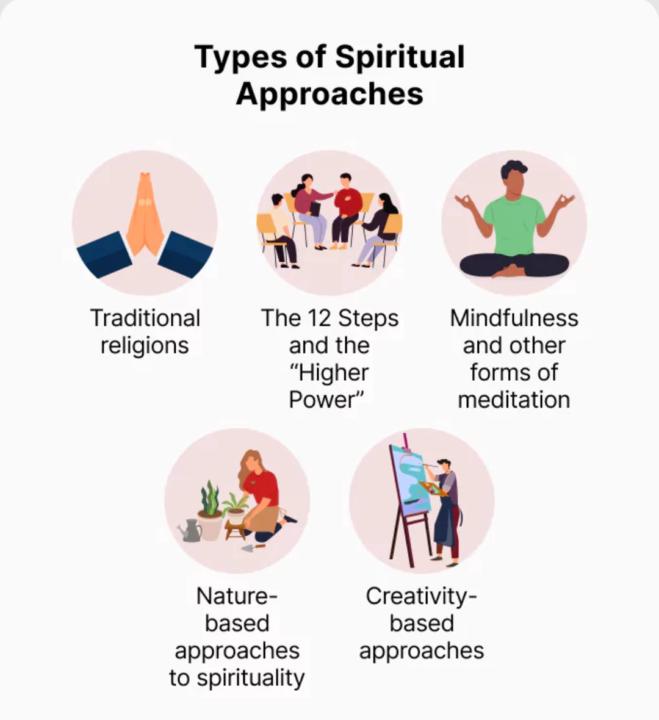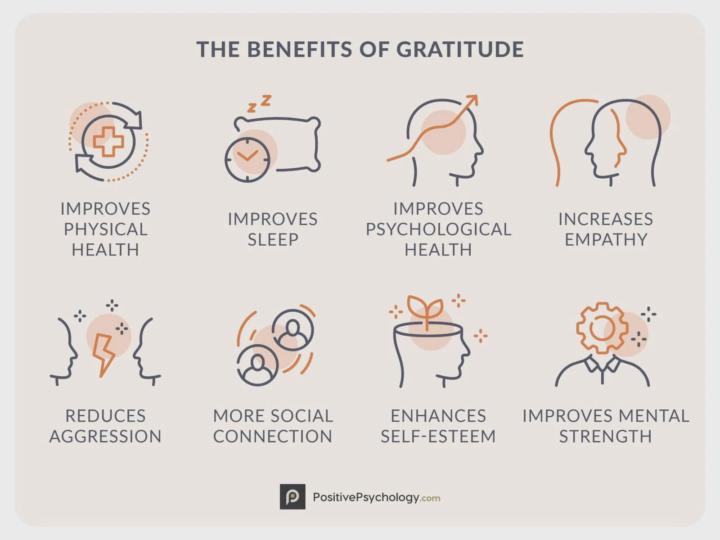
Write something
🌿Habits and types of spiritual wellness 🌿
🌿 Daily Habits for Spiritual Wellness 🌿 - Prayer--time with God, quieting oneself and listening, - Fasting--fasting from the things that separate us from God, from being more attuned with reality - 🧘♀️ Mindfulness/Meditation/– taking even 5 minutes to ground yourself - 📖 Reflection/Reading – spiritual texts, affirmations, or journaling. - 🙏 Gratitude Practice – naming 3 things you’re thankful for each day. - 🌞 Connection with Nature – walking, grounding, or simply enjoying fresh air. - 🤝 Acts of Kindness – giving, helping, or uplifting others. Question:✨ Which of these do you already practice? What’s one habit you’d like to add to your routine?

Wellness Thru Connection ☕️
The warmth of your favorite hot drink on a cold day… Feeling like your heart really connected with someone today in a unique& special way 💞 It can be these simple things that feel so good 💆🏻♂️ I feel it in my body. Sometimes I even feel the words someone says as a physical sensation of touch hug I have to remind myself that yes we can be “furiously motivated entrepreneurs” 💢 But those small wins on connection are a different vibe … That’s why I wanted a social and community business… Bc “success” to me without “connection” felt half empty… 😔 I Have to remember to allow myself to regenerate my energy and then I’ll feel a wellness of inspiration to share The “hustle culture” is totally draining and exhausting if I didn’t want to do organically do it; I just felt like “I was supposed to” Whose standards are you living out of anyway? Let all those fake standards melt away 🫠 Be free be well 🌀🌀
Merry Christmas
Hello family as today we are celebrating birth of our Lord Jesus Christ.l wish you a merry Christmas and a prosperous new year 2026
0
0
Awe and Wonder
🌿The Benefits of Wonder and Awe for Your Well Being Last night it was snowing and before getting into my car to drive home, I just looked up. The light was hitting the snow just perfectly and it felt like I was in a sparkling snowglobe...and there was this small moment of joy and warmth. The cold didn't hit in the same way, it felt more energizing than deathly feeling. One look up and the moment shifted from my inner dialogue saying "ugh...i hate the cold so much to "wow, it sure is beautiful out here. How cool that I get to experience this". A moment of awe and noticing the beauty in something shifted the inner experience. Awe and wonder-the moments that make your brain go "Wow" and your nervous system soften. It brings on a sense of joy and gratitude. Psychologically, wonder and awe acts like a reset button. Studies show that a sense of awe can and do reduce stress markers, lower inflammation and support healthier cell functioning. When you experience awe your body releases chemicals that calm the threat system and activate the part of the nervous system that restores and repairs. Wonder has a sense of curiosity attached to it and awe also expands your sense of time and increases feelings of meaning which boosts overall emotional well-being. Awe also shifts your perspective. It shrinks the inner critic and enlarges the sense of connection with a bigger world. So how do we engage with it more often? You do not need a mountaintop (though, if you have one, go!). You need intentional attention. Here are some strategies: ✨ Seek micro wonder. Tiny pieces of beauty count. The pattern on a leaf. A song that hits your chest. A cloud in the sky :) A snowflake up close. The up-close look in someone's eyes (make sure they're okay with it! ha) ✨ Slow your pace. The nervous system needs a little margin to take in what is around you. Take a few grounding breaths and look around. One of my favorite books has the phrase "look up" in it--pointing to the idea of looking outside of selves.
🌄Gratitude beyond the list
We are one week away from November, a month that's often associated with gratitude/thanksgiving, at least here in the U.S. Many of us will undoubtedly be participating in some sort of gratitude practice or challenge. I figured I'd post this now in preparation for that time, to maybe help us deepen our practice beyond the list. Many of the recommendations for gratitude practice indicate something along the lines of "name 3 things that you are thankful for today". This is lovely and great if we aren't already doing that. The practice below is to help move us from the cognitive experience of gratitude to actually embodying it--experiencing it fully: mind, body, spirit. It also integrates past, present, and future and helps with the attunement with the self (thoughts, feelings) ************ 🔥So here are the steps for a more embodied gratitude practice: 1)Name the thing/person/experience for which you are thankful--this is just regular labeling :) 2)Identify memories or impressions associated with the thing/person/experience for which you are thankful 3)Think about the bigger picture of how it impacted you/helped you grow 4)Identify the feelings associated with the thing/person/experience for which you are thankful for as you are practicing gratitude (feelings can be named but also tune in to see where in your body you're experiencing the feelings) 5)Identify a hope or prayer that you have for that thing/person or yourself in relation to the thing/person you're thankful for. ************* Gonna get nerdy for a second and add some science to the mix because I like when science backs the lived experience! It's kinda cool! 💛 The Science and Practice of Gratitude Gratitude isn’t just about being “positive.” It’s a deeply regulating practice that can rewire the brain for greater emotional balance, connection, and resilience. When practiced intentionally, gratitude activates specific brain regions that help us feel safer, calmer, and more open to joy. Research in neuroscience and psychology shows that consistent gratitude practice can:

1-11 of 11
powered by

skool.com/inspired-life-empowered-being-7894
⭐Inspire.Empower.Live. Supportive skool where we are encouraged to increase our awareness, take action, and thrive through life's many challenges.💪💕
Suggested communities
Powered by


